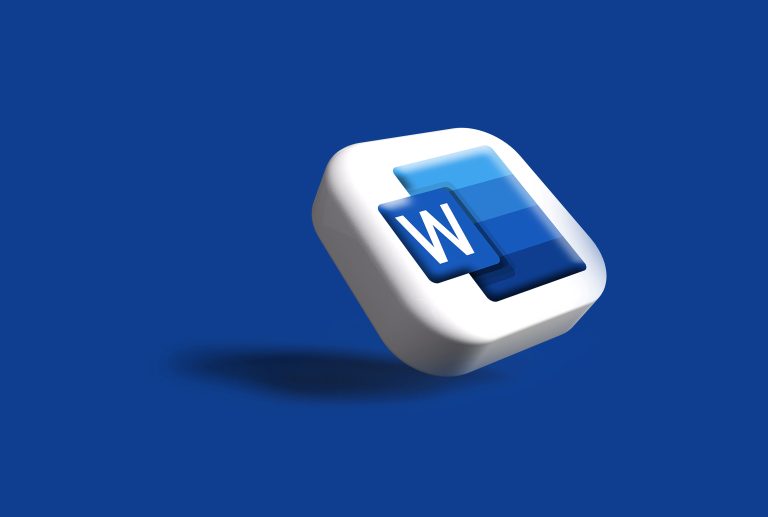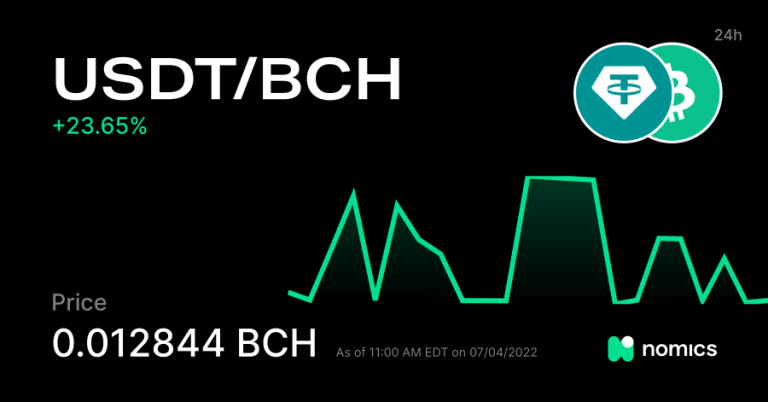Can Avalanche Become an Alternative to ETH and SOL?
There is currently a battle underway that will determine which smart contract platform becomes the world’s dominant power. The reward for the winner will be billions, or even trillions, of dollars in value. So far, Ethereum and Solana are two of the most popular options. But, there are platforms with newer technology that are gaining on them fast.
One of those is Avalanche. Developed to be technologically superior, Avalanche is looking to overtake both. But who will win the battle of AVAX vs SOL vs ETH? Let’s take a closer look.
Let’s Meet Avalanche
Avalanche is a new type of blockchain developed by Emin Gün Sirer to be superior to earlier generations, such as Ethereum. The most difficult problem facing smart contract platforms is scalability. Basically, how well does the platform perform when many users attempt to use it at once? Here, Ethereum scores badly. Based on the PoW consensus protocol, Ethereum struggles to process more than a few dozen transactions per second.
Solana and Avalanche do significantly better than this thanks to upgraded blockchain technology. Avalanche can manage 4,500 transactions per second on its mainnet, and infinite with subnets. Solana can theoretically reach 65,000. However, where Avalanche really shines is in a metric called “time to finality” (TTF). This is the measurement of how much time it takes to actually execute a transaction on the network. On Ethereum, the average TTF is 6 minutes, on Solana, it’s about 3 seconds, while on Avalanche, it’s less than one second. This metric is the reason why many developers consider Avalanche to be the fastest smart contract blockchain in the world.
AVAX benefits
The main benefits of AVAX include:
- Solidity-compatible. Avalanche can run decentralized applications written in Solidity. This means you can run Ethereum dApps on the Avalanche blockchain to quickly take advantage of its faster transactions per second.
- Near-instant transactions. Transactions happen almost instantly on Avalanche, especially when compared to Ethereum and other popular decentralized blockchains.
- Highly scalable. Avalanche is built to withstand millions of users and validators at once.
- Security. Thanks to its consensus protocol, Avalanche is much more secure to 51% attacks than other blockchains.
AVAX Value
AVAX has historically been a volatile cryptocurrency. It has also fallen particularly sharply in the last year. But, the coin also has more growth potential than Ethereum. Here are some expert AVAX price forecasts for this year:
| Site | AVAX price prediction for the end of 2022 |
| PricePrediction.net | $38.29 |
| DigitalCoinPrice | $30.34 |
| Cryptopolitan | $68.18 |
| Capital.com | $92 |
| Gov Capital | $175.459 |
Avalanche vs. Ethereum
If you decide to swap ETH to AVAX, you might like to know the key difference between the two projects. It is the speed of transactions — here, the two are worlds apart. AVAX is able to achieve its significantly better speed by using three separate blockchains: the Exchange Chain, Contract Chain, and Platform Chain. Each has a consensus mechanism optimized for its role in the network. The result is an exceedingly fast network overall.
Avalanche vs. Solana
Avalanche and Solana are both Ethereum competitors that focus on speed and scalability. However, Avalanche has some significant advantages over Solana. The first is that AVAX is a more decentralized blockchain. Its network’s security is backed by 2,000+ validators. The Solana network is much more centralized, with fewer than 20.
Avalanche is also much more interoperable with the Ethereum blockchain than Solana. This gives it a huge boost in gaining adoption right now, as it’s easy for developers to switch between ETH to AVAX and AVAX to ETH. But it’s not as easy to switch from ETH to SOL or AVAX to SOL.
What’s the Next Step for Investors?
The battle for smart contract supremacy is far from over and will take place over the next ten years. Right now, Ethereum has an enormous first-mover advantage. But, its place at the top is by no means secure. Its biggest struggle is with the scalability of its older technology. Solana and Avalanche offer compelling technological alternatives to Ethereum, and they are gaining adoption fast. If Ethereum can’t live up to its promises, it’s likely it will lose out to one of these networks. If that happens, Avalanche has major advantages over SOL and is well-placed to pick up Ethereum’s slack.







